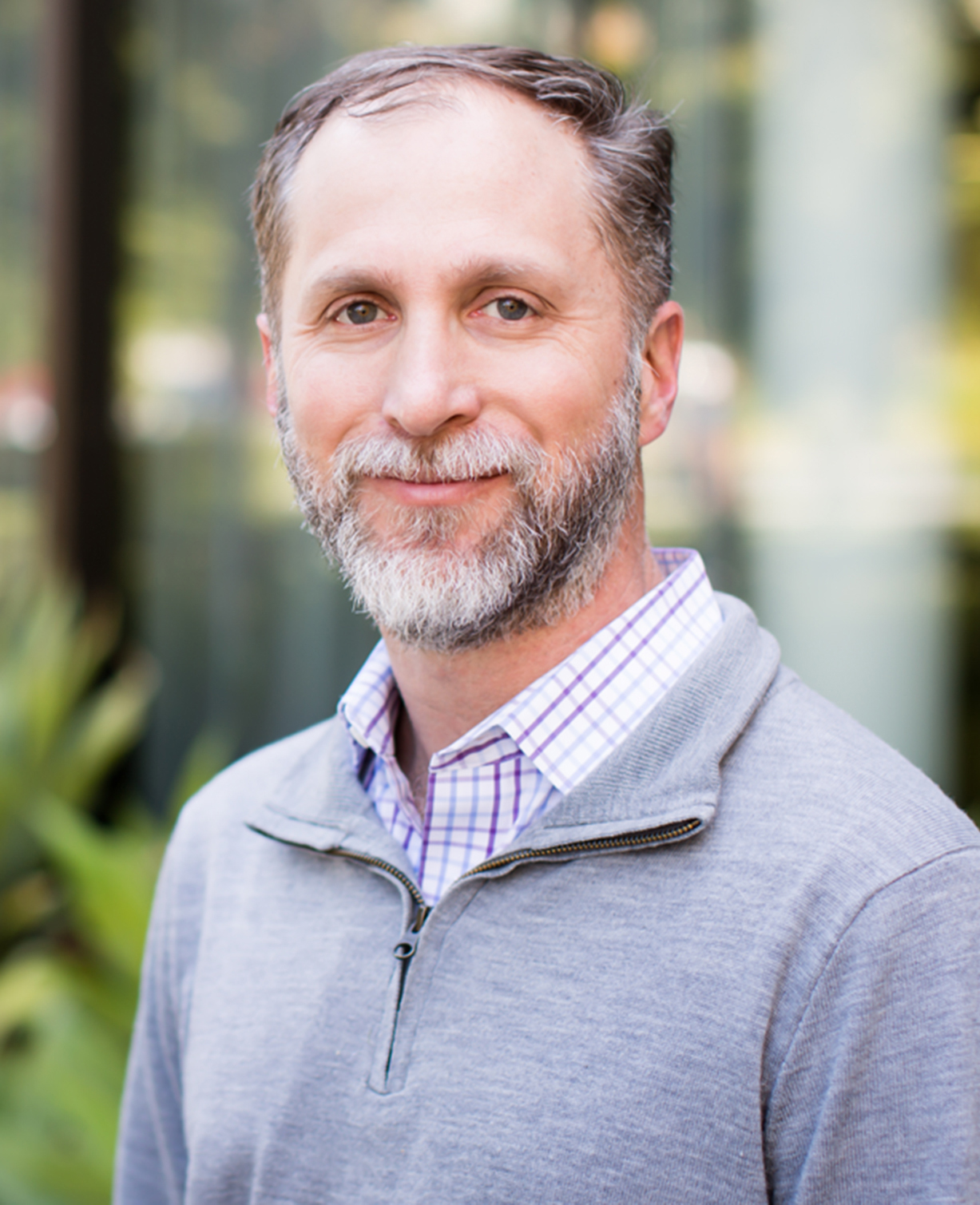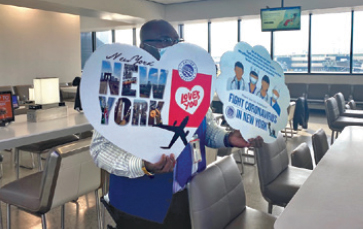On the Front Lines in New York

In mid-April, cardiologist Ethan Weiss, MD, learned that UCSF clinicians were traveling to New York to take care of COVID-19 patients. “I was proud of them, but also thought, ‘I want to do that!’” he recalled. Two weeks later, he was on his way to NewYork-Presbyterian/Weill Cornell Medical Center in Manhattan.
“I was both scared and curious,” said Dr. Weiss. “I wasn’t that afraid of getting sick myself, but more worried I wouldn’t be helpful.” The hospital had hundreds of patients with COVID-19, many of them requiring intensive care and intubation. The first week, he took care of nine COVID patients in a makeshift ICU which had formerly been a cardiac step-down unit. Their average length of stay was about 45 days. The second week, he cared for another nine patients who were even sicker, some with severe cardiac and clotting-related problems.
“This is a terrible disease,” said Dr. Weiss. “Their lungs were absolutely devastated. There was a lot of trial-and-error medicine at that time, with debate about what therapies worked. We didn’t have time to wait for a clinical trial, and we tried to make thoughtful decisions.” His patients ranged from their 30s to their 70s. Many were obese or had diabetes, but some had been completely healthy before they became infected.
“COVID is so different from anything we’ve ever seen,” he said. “The course of this illness is a metaphor for the pandemic itself: it comes on like a tornado, but will creep away over months or years like a slug. One of the main things I learned is that some people I would have given very little hope of recovering actually did recover.”
One patient was intubated for almost the entire time Dr. Weiss cared for him. “Even when he was extubated for a few hours, he was like a ghost,” he said. “These patients were debilitated and malnourished, and their muscles were so weak that they couldn’t even make facial expressions. It was awful…. A couple weeks ago, I got an amazing email from that patient, thanking me for not giving up on him.”
Other stories were more wrenching. He cared for a patient whose only living relative was her brother, who was also hospitalized with COVID-19. “Their parents had died, and they were each other’s everything,” said Dr. Weiss. “They lived together and took care of each other. They came to the hospital the same day. She ended up in the ICU, and he went to the regular floor. They never saw each other again. He was distraught because his sister was dying, but was also imagining a life of loneliness that he was going to be living going forward, while also trying to get better from COVID-19. It was one of the most emotionally charged experiences I’ve ever had as a physician.”

Through this intense experience, Dr. Weiss was inspired by his colleagues. “I was so tired, but the health care providers there had been doing this nonstop for over six weeks, and they just kept coming back with more energy and resilience,” he said. “It was medicine in its purest sense, where everyone was entirely focused on, how can we best take care of the patient in front of us? It was the strongest experience of collective good that I’ve ever been part of.”
“COVID-19 is really serious, and you don’t want to get it,” said Dr. Weiss. “We should all take reasonable steps to protect each other by maintaining social distance and wearing masks. At the same time, if we take the appropriate cautions, we can have some semblance of a normal life. I think San Franciscans – both our political leaders and the community – should be commended for doing a great job of taking this seriously. I think we’re going to be living with this for a very long time.”
